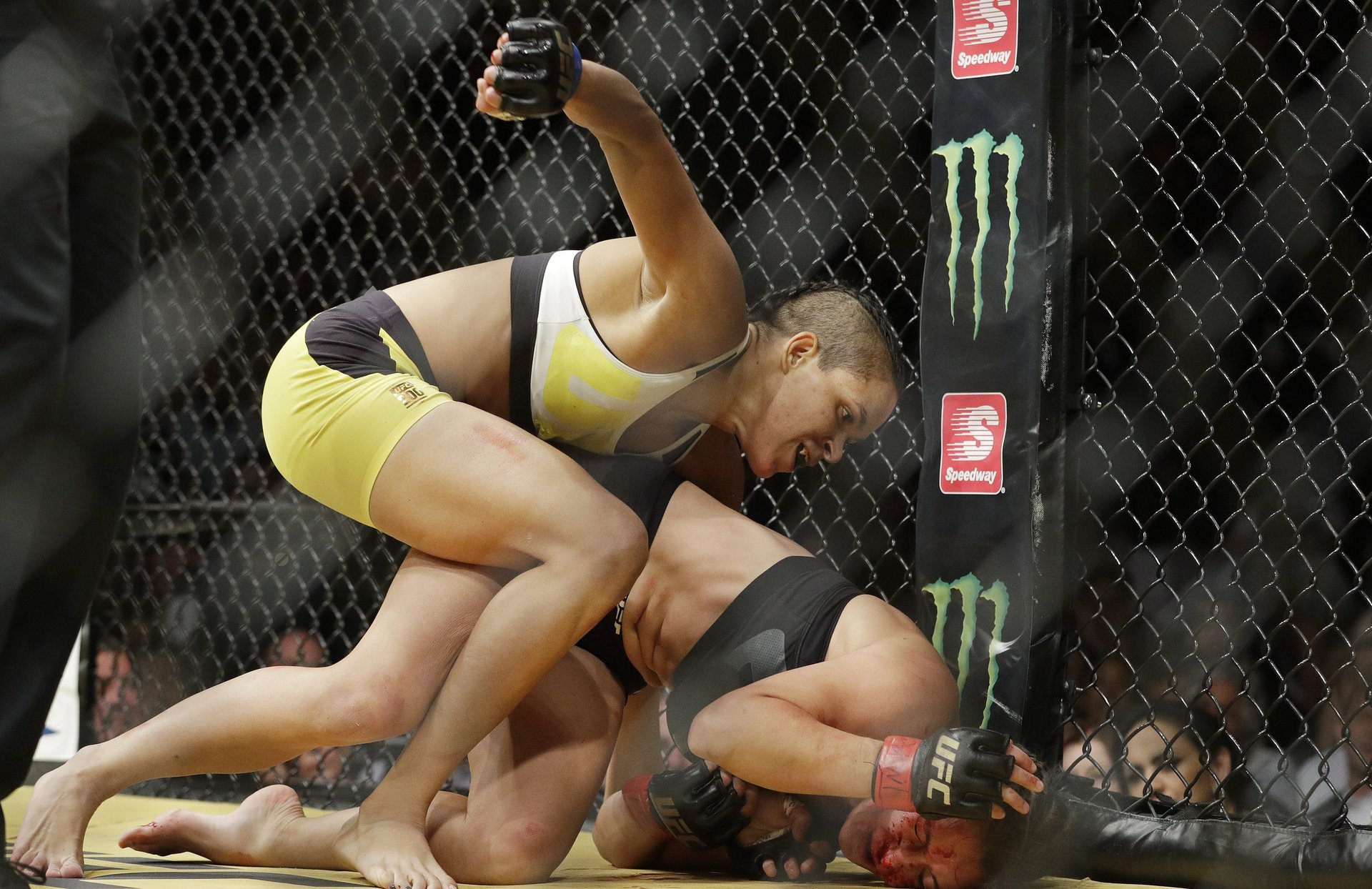Why private equity is backing the world’s most violent sport
Sports are not about winning and losing, upsets, buzzer-beaters, or the triumph of the human spirit. Sports are entertainment, first and foremost a vehicle used to capture eyeballs and sell advertising.


Sports are not about winning and losing, upsets, buzzer-beaters, or the triumph of the human spirit. Sports are entertainment, first and foremost a vehicle used to capture eyeballs and sell advertising.
Or pay-per-view subscriptions in the case of UFC, the legalized barbarism that just sold for a reported $4 billion to the WME-IMG sports agency, in a deal backed by a consortium that includes private-equity heavyweights KKR, Michael Dell’s MSD Capital, and Silver Lake, which controls WME-IMG.
Once a marginal sport called “human cockfighting,” set up in 1993 as a fight club that pitted “black belts against sumo wrestlers and kickboxers against jujitsu masters,” mixed martial arts is now so mainstream that it long ago passed boxing in popularity. Still, there’s no denying the savagery that underlies the sport: UFC combatants face off in a cage, and pummel each other until one yields.
The sport has added rules that slightly reduce the mayhem and make it more palatable to regulators—the sport was banned in New York until March, and will hold its first show at Madison Square Garden later this year.
Despite the brutality—or more likely, because of it—WME-IMG’s purchase gives it a product that attracts millions of young, mostly male viewers that, unlike other forms of televised entertainment, is best consumed live. Live programming means commercials can’t be skipped—it’s why there’s been a proliferation of live musicals on US TV, and partly why the rights to soccer, football, basketball and other sports command billion-dollar rights packages.
UFC’s programming can be deployed when it best suits its owners. Fans will schedule their lives around UFC, not the other way around—as is the trend for cord-cutting millennials. In the US, Fox’s broadcasts of UFC bouts rivals their baseball programming in the ratings. UFC 200, last weekend’s pay-per-view spectacle, may have sold more than 1.6 million subscriptions at $60 a pop.
The UFC is also ripe for international expansion—which all US sports seek at the minute—as analysts at ratings agency Moody’s recently said. “We believe that one of Zuffa’s [the company that sold UFC] biggest growth opportunities is in international markets, where MMA has some of its strongest followers,” it said, noting that events take place throughout the year (as opposed to a regular sports season) and they are not tied to specific teams and their localities. “UFC is expected to find an easier time spreading in Latin America, Europe and Asia, than other US sports,” Moody’s added.
Sports are an increasingly attractive investment for private-equity and venture-capital firms, who see soaring valuations, rising revenues, and inefficient management structures they can improve. As much as a quarter of the NBA is now owned by private equity, and the Golden State Warriors, arguably the most successful franchise in US sports over the last two years, is controlled by a venture capitalist.